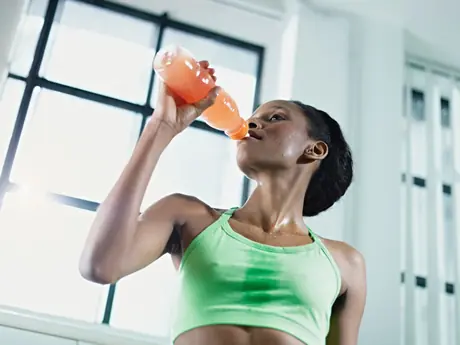
Hydration is essential to keep your endurance performance going. Water is a no brainier to stay hydrated, but how do you get enough electrolytes? Sports drinks are the best to get electrolytes and stay fueled when participating in activities that are about an hour or longer.
What to Look For
With all of the varieties of sports beverages on the shelf, it can be confusing on what to look for. Electrolytes, carbohydrates and flavoring are the key factors that make sports drinks an effective training tool.
More: What Makes the Optimum Sports Drink?
Sodium
Sodium is the dominant electrolyte lost in the sweat, followed by potassium. Trained individuals often have lower sodium content in their sweat through adaptive mechanisms to activity. Maintaining a normal sodium balance in the body is crucial for the brain to function.
Low sodium levels, often seen in active individuals replenishing with water, may cause nausea/vomiting, headaches and confusion. Look for beverages containing 500 to 750 milligrams of sodium and 80 to 200 milligrams of potassium per liter for best repletion.
Hint: To tell if you are a "salty sweater", beyond taste, check for little white flakes (sodium deposits) on your skin or edge of your clothing.
More: Electrolytes-101
Carbohydrates
Carbohydrates are the preferred fuel source for activity and help to maintain optimal performance. Taking in carbs during exercise keeps your intensity level high and energy level up. Carbohydrates also are needed to replenish energy after exercise to recover and refuel for the next time you are active.
However, there can be too much of a good thing when it comes to carbs in your beverages. Choose a drink with a 5 to 8 percent carbohydrate concentration (50 to 80 grams per liter) to avoid the feeling of fluids from sitting in your stomach.
Sports beverages have a higher absorptive and retention capacity than water. This leads to lower overall fluids losses (i.e. urine) for a higher fluid replenishment. The sweet flavors of sports drinks also increase the total amount of fluids consumed after exercise when compared to drinking water alone. Therefore, sports beverages are especially helpful if you're having trouble rehydrating with water after a long workout or race.
More: Your Guide to Carbohydrates
Bottom line: Water should still always be used to rehydrate when active. Sports beverages can be a great benefit to your long training days to help replenish electrolytes, energy and fluid stores. However, using sports beverages in low-moderate activities lasting under one hour is not necessary and will likely not boost athletic performance.
More: Hydration and Electrolyte Tips for Race Day
 Test your nutrition intake at your next race.
Test your nutrition intake at your next race.
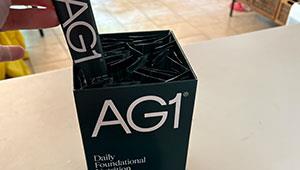
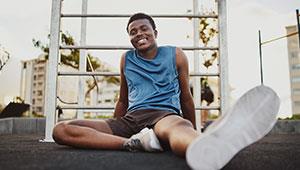
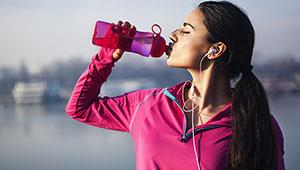

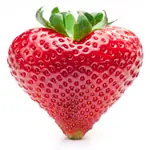

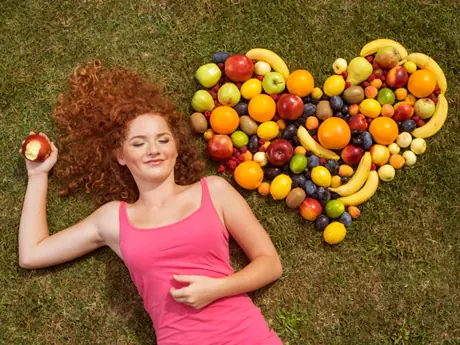
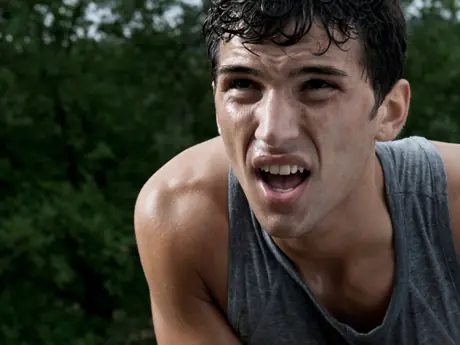
Discuss This Article